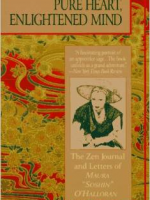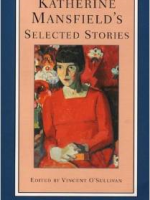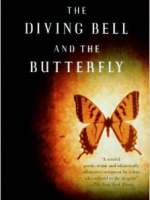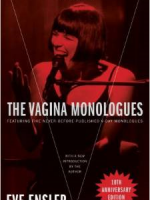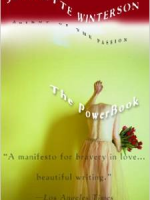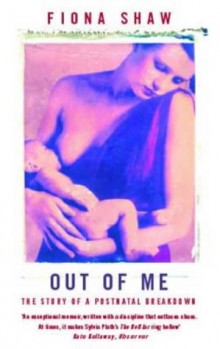 Out of Me
Out of Me
Biography & Autobiography
Virago Press
Jan 1 2001
222

‘Out of Me’ is the title of Fiona Shaw’s commendable debut detailing her descent into chronic post-natal depression and her subsequent attempt to claw back from this nightmare. The title of the book refers to Shaw’s overwhelming need to externalise her life. Her reason for writing the book is intrinsically connected to her desire to fill in memory gaps, having received medical treatment – namely electro-convulsive therapy (ECT) – for her illness. In the aftermath of ECT, the once familiar territories of experience and memory terrified and confounded her.
The book is divided into four sections, the first of which details her life on the brink of her illness, her subsequent demise, hospitalisation and ECT. Shaw’s narrative structure is interesting as she applies both subjective and objective angles to her story. She conjures up the helplessness and pain of her predicament with force and feeling, as though she can stand back as a writer and assess her own situation, while still having a powerful emotional impact on the reader. Her own viewpoint dominates the narrative but the book is interspersed with her medical notes and observations from her husband and visiting friends. Planting Tears, the second section, concerns the past, specifically her childhood, where she feels as though she is a member of several families, though not really belonging to any of them.
In Search of an Illness sees Shaw emerge, haltingly, from the shadow of her breakdown, and try to assess what has happened to her. She questions the nature of mental illness, her own apparent complicity in her treatment and its devastating effects. Tired of unhelpful answers and placebo responses, a desire for truth propels her to seek out doctors, psychotherapists and other patients to fill in the gaps. The final section, The Desk, is reminiscent of Virginia Woolf’s assertion that a woman needs “a room of one’s own” in order to write. By this stage, Shaw has reclaimed her domestic space and turned it into the place where she tells her story.
Sylvia Plath’s autobiographical work, ‘The Bell Jar’ has been mentioned in comparison to ‘Out of Me’ and the Shaw acknowledges the spectre of Plath’s subject matter on her work. It is unfair to compare the two, not alone for American poet’s celebrity, but for their very different accounts of similar experiences. Shaw’s exploration of the heart of darkness is not as distanced as fiction; its unflinching first-hand account of a breakdown is very difficult to read at times. She also acknowledges that writing this memoir has made her recall her literary predecessors, the other ‘madwomen in the attic’ such as Elizabeth Bishop, Emily Dickinson and Charlotte Perkins Gilman. These tales are veiled in fiction, while Shaw bears the weight of her tale with no literary cloak. Truth is stranger than fiction, but when it emerges from the depths of voicelessness, its impact is undiluted.![]()
